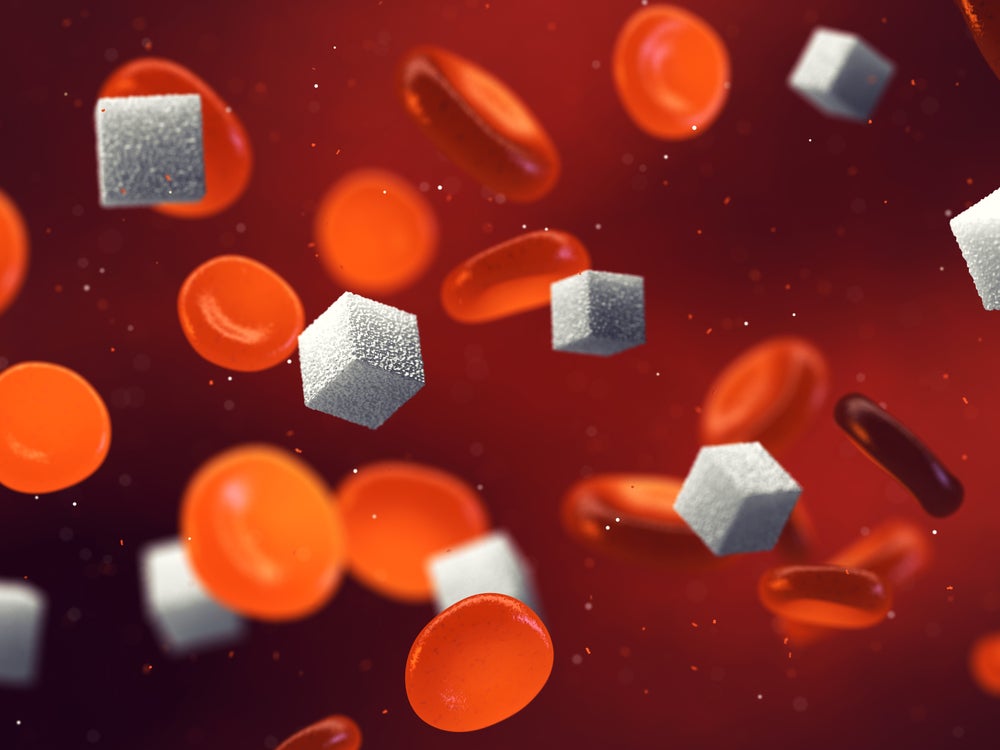At the American College of Cardiology’s 74th Annual Scientific Session, held from 29 March to 31 March 2025 in Chicago, the primary results from the semaglutide cardiovascular outcomes trial (SOUL) were presented. This examined the use of oral semaglutide, a glucagon-like peptide-1 receptor agonist (GLP-1RA), in addition to standard of care, in reducing cardiovascular (CV) events in patients with type 2 diabetes (T2D) with atherosclerotic cardiovascular (ASCVD) and/or chronic kidney disease (CKD). The study aims to assess the CV efficacy of oral semaglutide regarding the risk of major adverse cardiovascular events (MACE) compared with placebo in persons with T2D and at high risk of CV events.
McGuire and colleagues presented data from SOUL that investigated the CV efficacy of oral semaglutide across 9650 participants randomly placed into parallel groups, as part of a double-blind, placebo-controlled, event-driven superiority trial. Each group consisted of patients on 3mg oral semaglutide for weeks 0 to 4 and the 7mg oral semaglutide from weeks 4 to 8, followed by 14mg oral semaglutide once daily (OD) formulate with absorption enhancer sodium-N-(8-(2-hydroxybenzoyl) amino caprylate (SNAC) or 14mg placebo OD with SNAC, then at the ending of week 8 treatment, a 5-week follow-up period. Key opinion leaders (KOLs) interviewed by GlobalData have increasingly stated the need for therapies that address both T2D and CV disease, and additional comorbidities such as CKD. GLP-1s, particularly oral semaglutide, show strong clinical data to support improved outcomes for patients with these cardio-metabolic disorders.
In SOUL, of the 9650 participants, the key inclusion criteria required patients be aged ≥ 50 years, diagnosed with T2D, HbA1c of 6.5-10.0% (47-86 mmol/mol) and a history of ≥ 1 of the following disorders: coronary heart disease, cerebrovascular disease, symptomatic peripheral arterial disease and chronic kidney disease. The primary outcome was MACE (a composite of death from CV causes, non-fatal MI or non-fatal stroke) assessed in a time-to-first event analysis. The confirmatory secondary outcomes included major kidney disease events, a five-point composite outcome (CV-related death, kidney-related death, persistent ≥50% eGFR production, persistent eGFR <15mL/min/1.73m2, chronic kidney replacement therapy).
Data demonstrate a significant reduction in MACE risk
The mean (±SD) follow-up was 47.5 ±10.9 months with a median follow-up of 49.5 months, with primary outcome events occurring in 579 of the 4825 participants (12.0%; incidence, 3.1 events per 100-person years) in the oral semaglutide group compared with 688 of the 4825 participants (13.8%; incidence, 3.7 events per 100-person years in the placebo group (hazard ratio, 0.86; 95% confidence interval, 0.77 to 0.96; P=0.006). The results for the confirmatory secondary outcomes did not differ significantly between the two groups. The incidence of serious adverse events was 47.9% in the oral semaglutide group and 50.3% in the placebo group: the incidence of gastrointestinal (GI) disorder was 5.0%$ % and 4.4% respectively.
The potential for oral semaglutide to treat ASCVD, CKD or both with T2D remains promising, and the data from this study demonstrate the significant reduction in MACE risk compared to placebo without an increase in the incidence of serious adverse events. GlobalData predicts that as a result of this study, the market share of Novo Nordisk’s oral semaglutide therapy, Rybelus, will continue to increase due to a combination of favourable CV, CKD and T2D outcomes data combined with the increased compliance from oral administration as opposed to the majority of GLP-1RA therapies which are injectables. Overall use of GLP-1RA in CV and/or CKD disease patients with T2D will also likely increase as physicians increasingly view GLP-1RA therapies as addressers of cardiometabolic syndrome, rather than the more traditional siloed approach of treating these disorders (T2D, ASCVD and so on) separately, regardless of their often concurrent presentation.

US Tariffs are shifting - will you react or anticipate?
Don’t let policy changes catch you off guard. Stay proactive with real-time data and expert analysis.
By GlobalData




